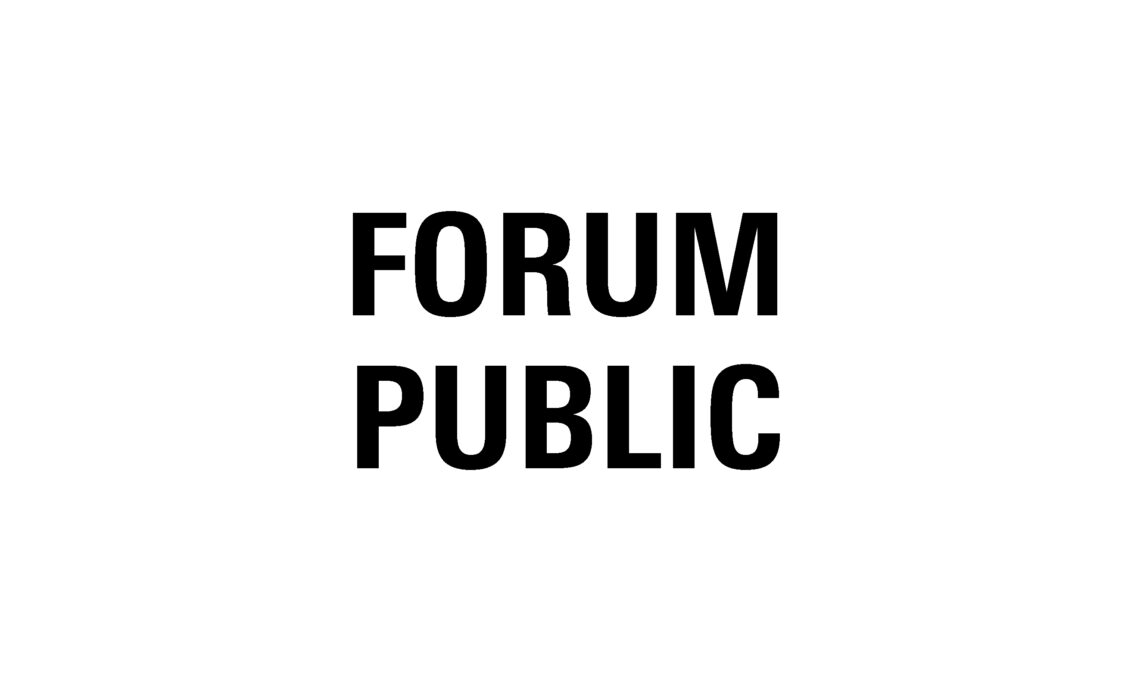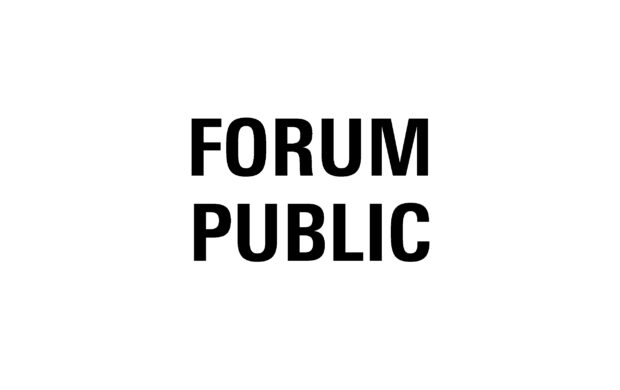Artistic freedom, at the risk of political interference
Everywhere in the world, the film industry is suffering from censorship mechanisms or the questioning of its financing logic. This is the bias of authoritarian regimes such as Russia, and recently Argentina, with a law proposed by President Javier Milei that mortgages the existence of INCAA, Argentina’s equivalent of the CNC.
In France, several films have been the target of virulent campaigns by the extreme right on social networks at the time of their theatrical release, in order to scupper their encounter with the public. The target of these attacks was the misuse of public funds. At the other end of the chain, cases of political interference in film financing are multiplying, as elected officials disapprove of the favorable opinions issued by professional commissions. Documentary filmmaking is particularly exposed to this reality.
In these times of growing political uncertainty, isn’t it urgent to consider an essential reflection on public policies to support creation, and on the means to guarantee their independence in order to protect the fundamental right to artistic freedom from the moment of writing to the distribution of works?
Moderated by: Marianne K. Roméo
— journalist, producer, Petit à Petit Production, member of Les Amis du Cinéma du réel
With:
- Antoine Dubos
— director, commissioned by La Boucle Documentaire - Agnès Tricoire
— lawyer, delegate of the Observatoire de la Liberté de Création - Franck Vialle
— director, Films en Bretagne - Jean-Raymond Garcia
— author, producer, former director of the film and audiovisual department at Ecla Aquitaine (now ALCA-Nouvelle Aquitaine) - Maxime Lindon
— director, producer (Pitch Films) - Maël Mainguy
— Producer, Les Nouveaux Jours Productions ; member of the SPI Audiovisual Bureau - Colette Quesson
— Producer, A Perte de Vue ; former director of the Centre Region production fund (APCVL-Centre Images puis Ciclic)

